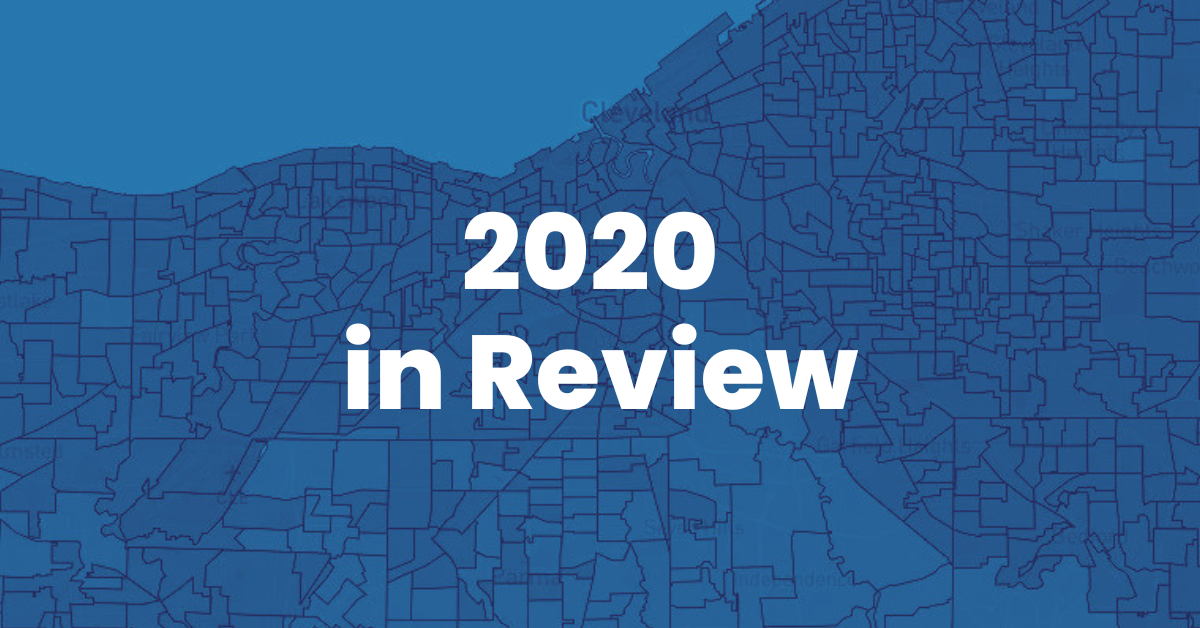“We’ve got a lot of work to do” is a frequent summation of the 2020 election’s outcome, and true enough as far as it goes. But what kind of work? And who will do it?
For Cuyahoga County progressives, November’s election was an apt climax to a tough year. Joe Biden became only the fifth candidate in history to defeat an incumbent president, which certainly matters, and he did so while formally supporting a notably progressive platform, which ought to matter. But while Georgia “flipped blue,” Ohio stayed “red,” and voter turnout in Cleveland actually declined from 2016.
Meanwhile, no one even opposed the incumbent county prosecutor, or most county council members up for reelection. Of the two candidates for court of common pleas who made the most effort to court a progressive vote, one secured the smallest margin of victory in a year when Democrats swept these races, and the other was knocked out of the running back in the primary.
Within an overall shambles for the region’s Democratic coalition, the Progressive Caucus can lay claim to many members who at least tried, and probably made some difference. Leading Cleveland’s low voter turnout is normal, for West Park—but Wards 16 and 17 cast more actual ballots this year than in 2016, despite stagnant voter registration and the fall in turnout for Cleveland as a whole. That’s some reason to believe that the field work led by CCPC members, in West Park and small pockets elsewhere, did matter.
But this is little to build on, amid toxic failed-state conditions.
If the 2020 election results demonstrated anything, it was that sustained local organizing matters, and that building this at scale is an astonishing accomplishment. Time, resources, and attention all tend to flow elsewhere even in urgent conditions.
As is, a demobilization seems only too likely whenever Trump is pried out of the Oval Office, yet resources are available for progressive politics. They’re just being misused.
A popular instinct to focus on candidates, marquee races and the final weeks before an election may be understandable, but it’s wasteful, and organizing culture & institutions largely reinforce that instinct. The absurd, useless over-funding of Gideon for Senate in Maine exemplifies wastefulness so extensive that misuse is an appropriate term.
Wiser direction at a national level is more badly needed than anything. But America’s national dysfunction is now so extensive as to defy fixing by conventional efforts. Things are going to get tougher. Local organizing is thus critical, not only for electoral politics, but for community resilience.
This is as true in Cuyahoga County—anchored by America’s poorest large city, hostage to a corrupt state, within a declining region—as anywhere. Lines of communication with progressive organizers in other metros governed by backward, reactionary state legislatures probably ought to be strengthened. In the nearer term, applying pressure to next year’s redistricting could be as important as anything which happens in the next 10 years.
Ultimately, though, progressives must become better at directing resources away from headline-chasing, and toward where it can make a lasting difference, and stay better at it.

